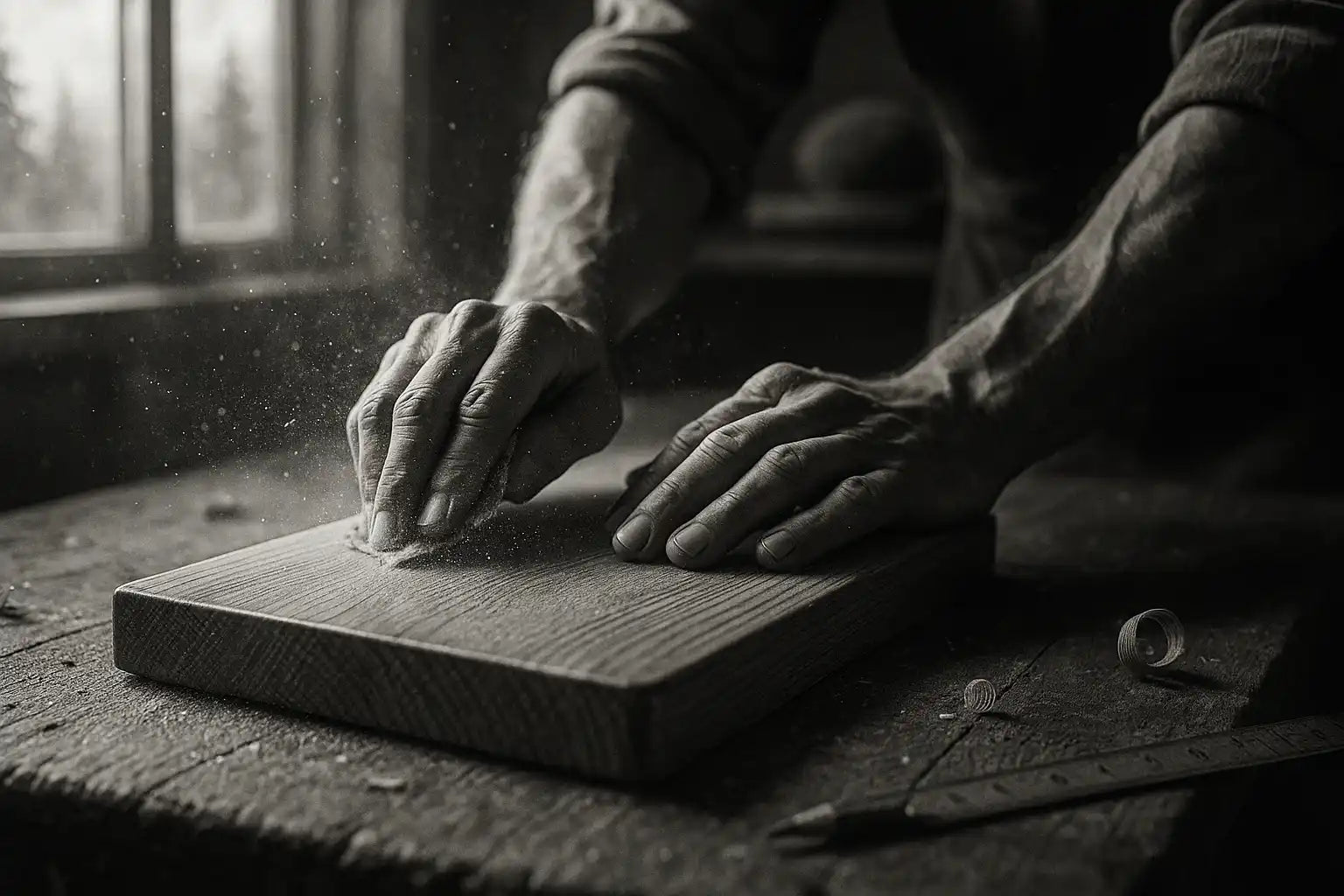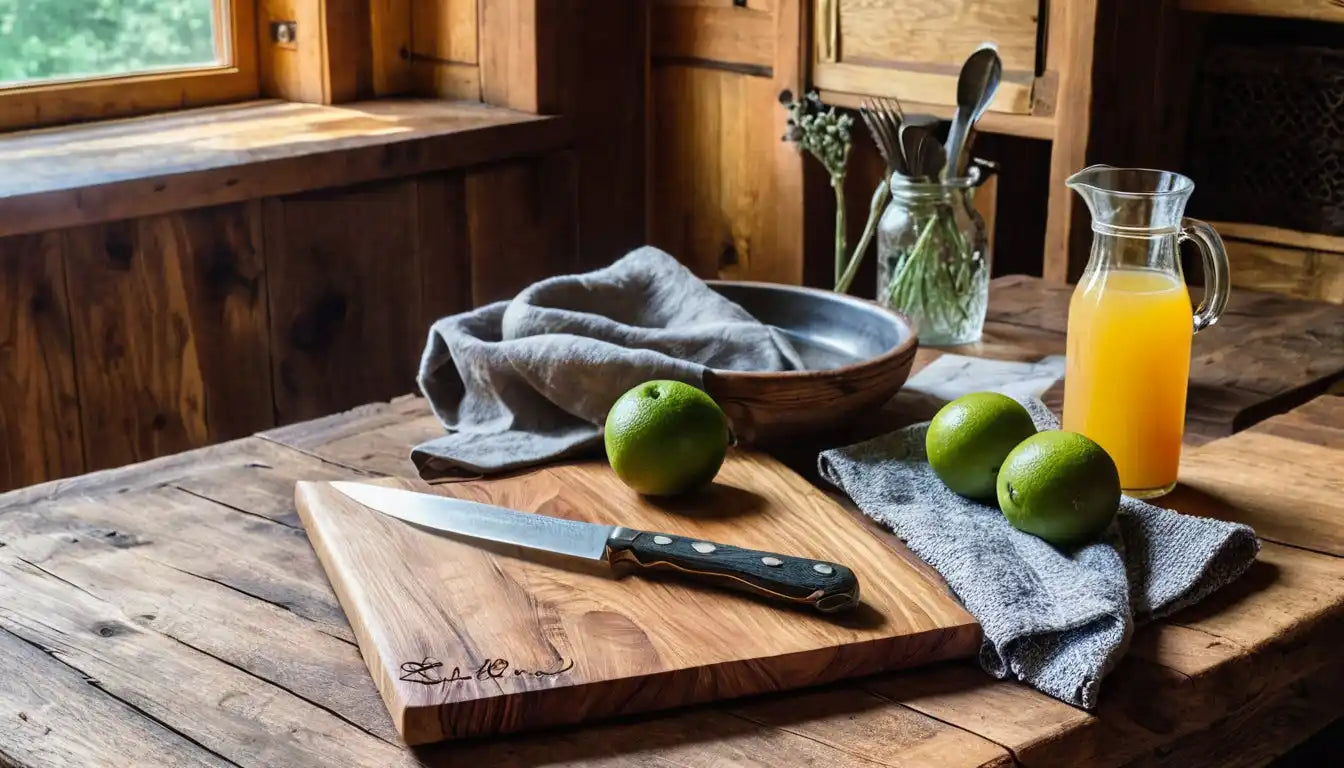In short: No – Damascus knives should never be put in the dishwasher. Heat, aggressive cleaners, and moisture attack the steel and handle. If you want to keep your knife sharp and beautiful for a long time, clean it by hand, dry it immediately, and oil it regularly.
1. Why Damascus knives should not be put in the dishwasher
Although Damascus steel is hard and sharp, it is sensitive to moisture, chemicals, and mechanical stress . Dishwasher conditions create conditions that can permanently damage the knife:
- Steel can rust or stain .
- Handle materials (wood, micarta, horn) swell or crack.
- The cutting edge becomes blunt through contact with cutlery.
2. The biggest dangers in the dishwasher
- High temperatures: Warp steel, damage bonding and handles.
- Aggressive cleaners: Attack the surface of the damask pattern.
- Salts & moisture: Cause corrosion and rust.
- Mechanical stress: Impacts with other dishes dull the blade.
3. Proper cleaning of Damascus knives
- Rinse knives with warm water immediately after use.
- Clean gently with a soft sponge and a little mild detergent.
- Dry immediately with a soft cloth.
Important: Never leave it in water – not even for a short time.
4. Care tips for long-lasting durability
- Regularly rub knives lightly with blade oil (especially carbon damask).
- Treat wooden handles occasionally with care oil .
- Always store separately and in a protected location (magnetic strip, knife bag or wooden block).
- Never cut on hard surfaces – only on wooden or plastic boards.
5. Mini FAQ
What happens if I put my Damascus knife in the dishwasher?
Stains or micro-damage often occur on the cutting edge. Immediately clean, dry, and oil thoroughly—but don't repeat the process.
Are Damascus knives rustproof?
Many Damascus knives are rust-resistant, but not completely rust-proof. Moisture and chemicals can still cause damage.
What is the best way to store my Damascus knife?
Dry, separate, and protected—e.g., on a magnetic strip or in a knife bag.


















